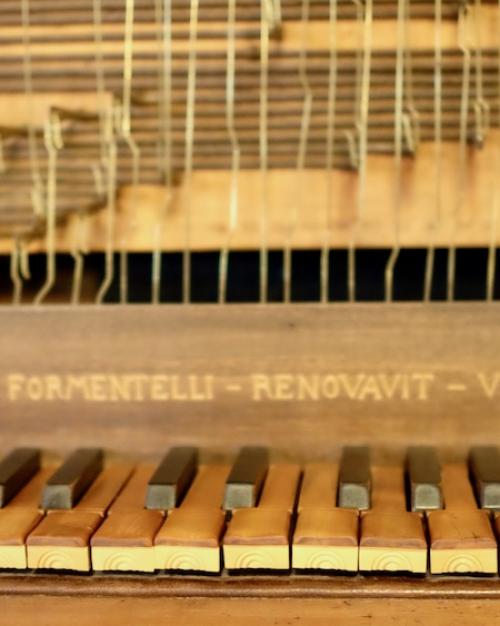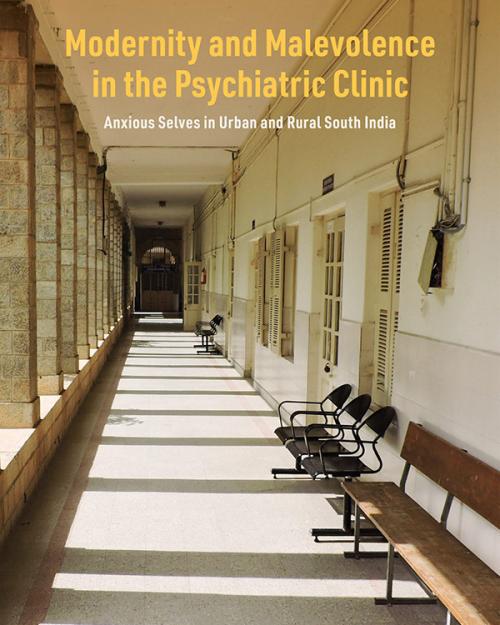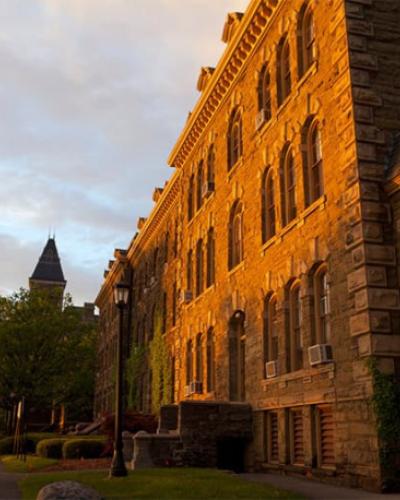There are still seats available in these NEW anthropology courses...
Community Engagement in Archaeology
ANTHR 3030/6030 - TR 1:00-2:15 pm - Dedrick, Maia
Meaningful community-engaged archaeology has the potential to transform the discipline. Increasingly, archaeologists engage intentionally with communities, through education and outreach but also through partnerships and collaboration that entail real power sharing over archaeological research and historical preservation. These developing practices contrast with disciplinary histories that stressed extraction of information and materials and a protective stance toward cultural heritage. In this class, we address such histories and have the opportunity to learn about the methods, concepts, and issues encompassed within Indigenous archaeology; archaeological research with descendant, diasporic, and "ethical" communities; participatory and applied research; and communication to broad public audiences. With greater potential relevance outside the academy,
ANTHR 3401 - M 2:40-4:35pm - Gleach, Fred
What does one do with an anthropology degree? How can studying anthropology be useful? Beyond academic careers, studying anthropology has been a part of a wide range of careers including actors and lawyers, doctors and authors, in business and heritage management and museums – and in managing everyday life. provides tools for understanding others, ourselves, and the world in which we live. This course explores some of the ways that people have used anthropological understandings in their lives and careers, with alumni and other guest speakers talking about their experiences across a variety of professions and different stages of life.
The Prehistory of Power: Archaeological Visions of the Political
ANTHR 4225/7225 - F 9:05-11:00 am - Smith, Adam
This seminar examines the prehistory of power as seen in archaeological approaches to political life. We will consider the impact of political theory on archaeology and the reverberations of archaeological research upon modern regimes and revolutions. Our focus will be on a critical analysis of the central concepts orienting archaeologies of the political, including complexity, civilization, authority, sovereignty, and power. Readings will draw broadly from a global set of cases in order to provide a foundation for comparison. We will engage with theory from both within archaeology and outside it in order to establish the broad inter-disciplinary parameters for investigations of the prehistory of power. And we will also consider the power of archaeology itself to shape political action in the contemporary moment.
ANTHR 4448/7448 - F 9:05-11:00 am - Boyarin, Jonathan
Death is both the opposite of life and an intimate part of life. Though it comes to us all, human understandings of the process of dying and of our relations to the dead have varied widely. For many, the dead remain engaged with the living for better and for worse. For others, the dead are "just history." We will draw on anthropological, sociological, historical and literary texts to understand better this vast range of attitudes toward the dead and the process of dying—and we will come to understand better what we gain and lose by consigning the dead to oblivion. After considering a wide range of comparative studies, we will conclude with an intensive focus on death, dying, and the dead in Jewish cultures.
ANTHR 4463/7463 - R 2:40-4:35 pm - Boyarin, Jonathan
From the Bible to the Babylonian Talmud to a graphic novel edition of the Book of Esther, texts--their composition, transmission, study and debate—have been at the core of Jewish culture for millennia, whether in diaspora or in the Land. They remain a central technology for the continuation and transformation of an identity that is rich, multiform, unique, and yet open to new influences and interactions. Approaching the varieties of textuality is one way to contemplate the broad sweep of Jewish cultural history. In this course we will consider questions of canonicity, differential access to textual authority by class and gender, the relation between alphabetical and graphic representation, and by no means least, the perenniality of Jewish humor.
Secularism and the Minority Question
ANTHR 4485/7485 - T 9:05-11:00 am - Raheja, Natasha
There is a vexed relationship between secular governance and the lived struggles of religious minorities. While proponents claim that secular reason is a solution to religious strife, recent scholarship has shown how modern secular governance has actually exacerbated religious tensions and hardened boundaries in liberal democracies. To understand this problem space, this seminar will begin with overviews of the anthropology of secularism, followed by genealogies of the religious minority form as a category of governance, and then shift to reading ethnographies that focus on religious minorities in contemporary liberal democracies cross-culturally. Concluding with an intensive focus on South Asia, we will analyze the possibilities and limits of state forms of recognition that enumerate religion, as it intersects with other axes of difference, in the context of majority-minority relations and people's everyday identifications.





